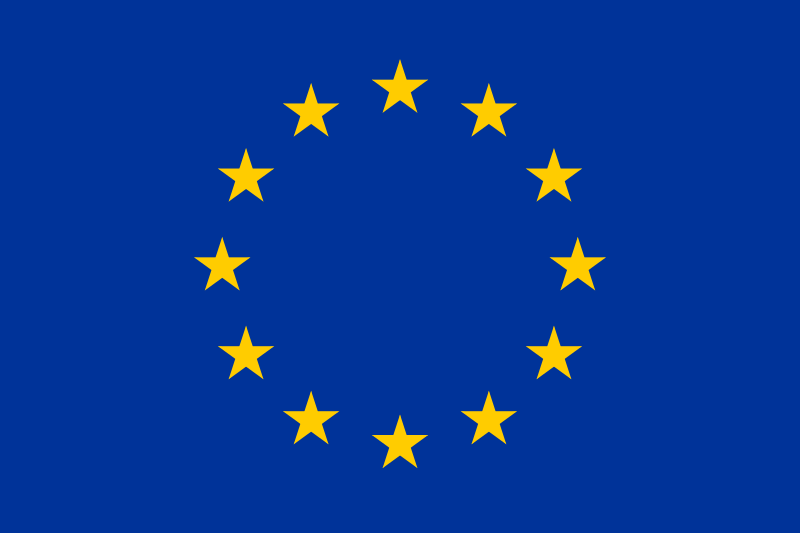

Europe: 1.19 GW and 15,000 Jobs Lost Since Boom Year of 2008
It’s a disaster. There is not much more to say about the statistics of the solar thermal market in Europe. The newly installed capacity dropped again, this time by 11% compared to the previous year, down to 2.14 GWth (see the attached document). All large markets were shrinking – even Poland and Denmark, whose market volume had grown significantly in 2012. According to the annual studies by the European Solar Thermal Industry Federation (ESTIF), the sector has lost 1.19 GWth (1.7 million m²) and around 15,000 jobs all across Europe since the boom year of 2008. The study is published once a year at Intersolar in June. Despite the dismal situation, ESTIF pointed out that the average growth rate was 7.6 % over the last 10 years (see the pink line in the chart).
Figure: ESTIF
“The past few years have been harsh ones for the industry,” Robin Welling, ESTIF President and Managing Director of Austrian solar thermal system manufacturer Tisun, confirms in the foreword to the 16-page brochure. Five years of dwindling market volume has had a devastating effect on the industry’s sales. Newly installed capacity fell by 36 %, from 3.33 to 2.14 GW, between 2008 and 2013 (see the following table), and the solar thermal sector has lost around 15,000 full-time jobs in these hard times. The job figure was based on the assumption that 80 kWth of newly installed solar thermal capacity create one full-time job.
| Year | 2008 | 2009 | 2010 | 2011 | 2012 | 2013 |
| Total installed capacity in EU and Switzerland | 3.33 GW | 2.99 GW | 2.59 GW | 2.56 GW | 2.41 GW | 2.14 GW |
| Number of full-time employees in the solar thermal sector | 41,625 | 37,375 | 32,375 | 32,000 | 30,125 | 26,750 |
| Annual decrease | -10% | -13 % | -1% | -6% | -11% |
Table based on annual ESTIF study Trends and Market Statistics; one full-time job for 80 kWth of newly installed capacity
The bleak market situation contradicts the high binding targets that the member states have set for solar thermal in their National Renewable Energy Action Plans. Welling emphasised in his presentation at Intersolar that 146 million m² of collector area should be installed by 2020 compared to 43 million m² in operation today. Reaching this target required an additional 15 million m² per year until the end of 2020. Compared with the, on average, 3.8 million m² over the last five years, these targets seem far out of reach. ESTIF expects a shrinking single-family housing segment for solar thermal until 2020. Now, commercial segments, such as solar district heating, multi-family houses and industrial heat, will have to fill the gap. “We have to speed up the ‘Energiewende’ for heat,” was the clear-cut answer by ESTIF’s president. Energiewende is the German policy term for the country’s shift away from fossil fuels to renewables, although the policy is mostly focusing on electricity generation.
More information: